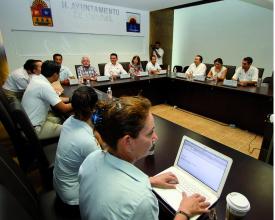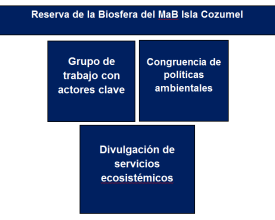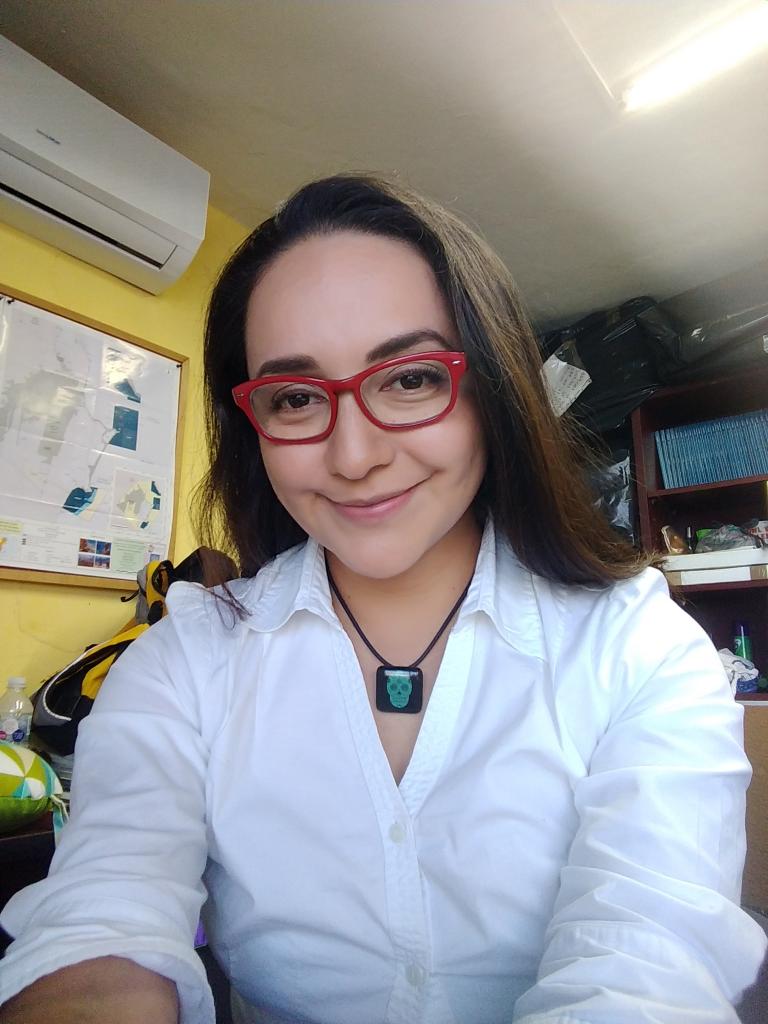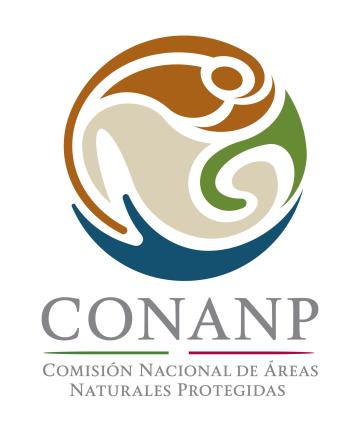
Cooperación para la gestión de los arrecifes de Cozumel
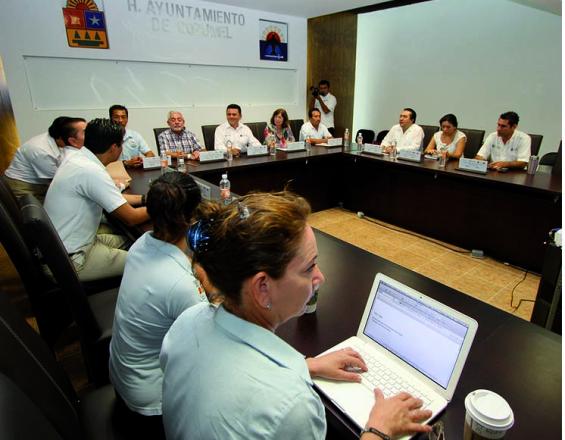
Por su espectacular vida marina, Cozumel es uno de los principales destinos turísticos de buceo. El desarrollo turístico mal planificado y gestionado ha dañado gravemente los hábitats costeros y marinos de Cozumel. Es necesario reforzar la cooperación y la coordinación entre los principales grupos interesados públicos y privados para aplicar más eficazmente el plan de gestión medioambiental. Además, las campañas de información sensibilizan a la población local y la implican en las estrategias de protección y conservación.
Contexto
Défis à relever
desarrollo costero mal planificado, pérdida de biodiversidad y políticas públicas incongruentes
Ubicación
Procesar
Resumen del proceso
= se añadirá = (disponible en español)
Bloques de construcción
Evaluación de la política medioambiental
Factores facilitadores
Lección aprendida
Talleres con múltiples partes interesadas
Factores facilitadores
Lección aprendida
Sensibilización
Factores facilitadores
Lección aprendida
Impactos
- Sinergias entre diferentes instituciones para alcanzar un objetivo común - Conocimientos profundos sobre diversas cuestiones, adquiridos por los participantes en el grupo de trabajo - Mayor calidad medioambiental - Participación activa de la población local - Creación de un turismo de alta calidad que sea consciente de su contribución en beneficio de la comunidad local.
Beneficiarios
pescadores, proveedores de servicios turísticos, pueblos costeros, gobiernos locales y habitantes de Cozumel.

